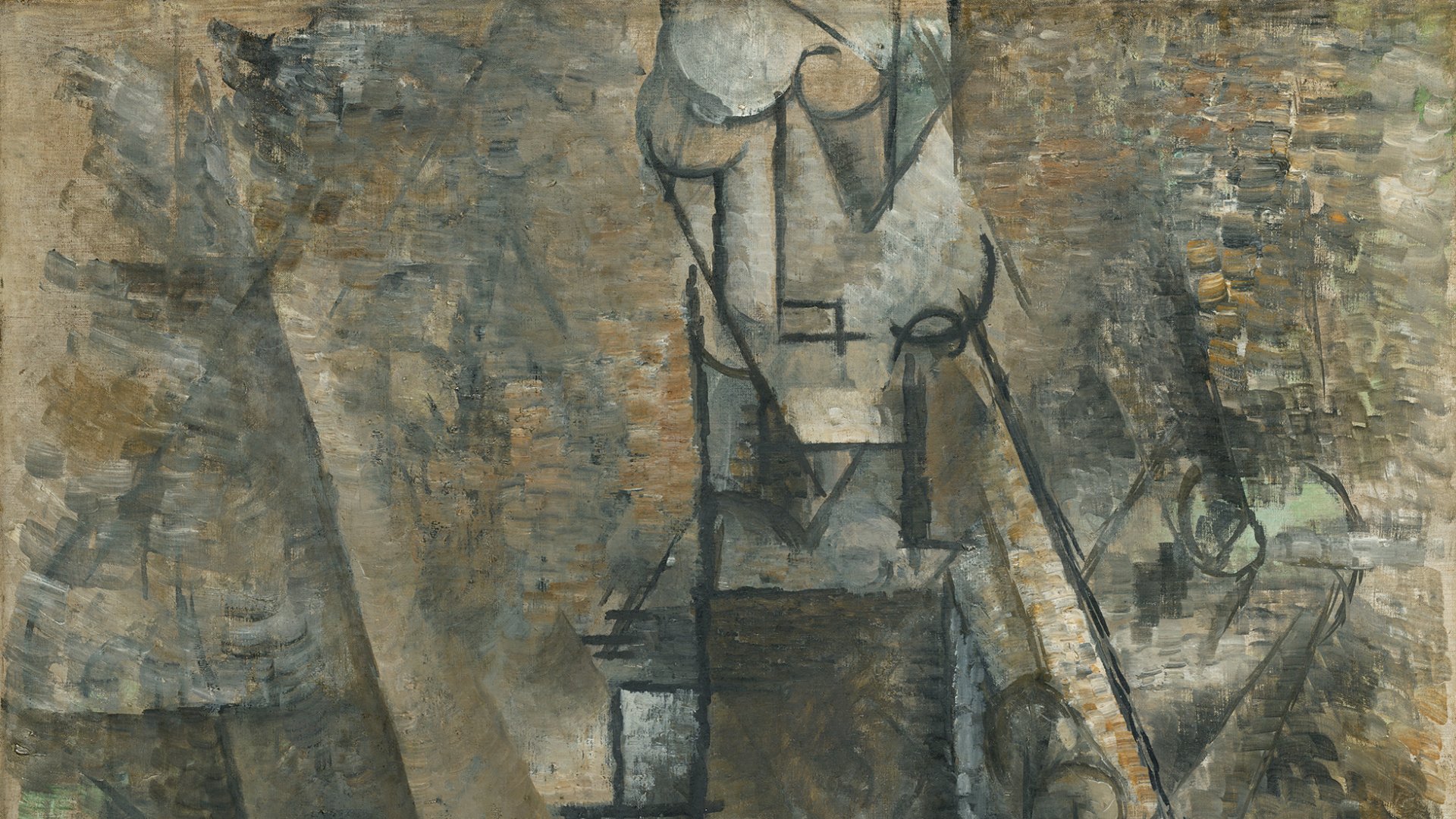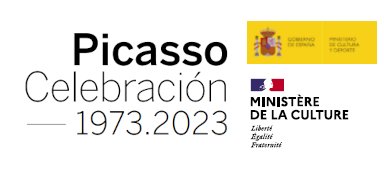
© Sucesión Pablo Picasso, VEGAP, Madrid
Man with Clarinet (1911-1912) is an outstanding work by Picasso in a language known as Analytical Cubism. The artist produced it during the autumn of 1911, following his stay in Céret (France) where he explored with George Braque the possibilities of this new form of representation that sought a total vision of objects. The relationship between the two proved crucial in the development of avant-garde languages.
In November 1907, Guillaume Apollinaire, a poet and great friend of Picasso's, arranged the first meeting between the two artists. During this meeting, Picasso showed Braque his work Les Demoiselles d'Avignon (1907), which was in his studio. From that moment on, Picasso and Braque began to work together, influenced each other and shared ideas. Together they experimented with the decomposition of forms and the simultaneous representation of different perspectives.
Analytical Cubism sought to decompose reality into geometric forms and to represent multiple perspectives in a single image. Man with Clarinet (1911-1912) is an example of this approach that challenged the established norms of art.
In this work, we can appreciate the figure of a man holding a clarinet, although his representation departs from reality and is fragmented into geometric shapes and curved lines. The colours used are mainly ochre and grey, applied with small brushstrokes that create a metallic effect on the canvas.
Man with a Clarinet (1911-1912) was sold by Kahnweiler in 1912 to the German Wilhelm Uhde, passing through various hands until it entered the Thyssen-Bornemisza collection in 1982. The piece is part of the permanent collection of the Museo Nacional, although it has temporarily crossed the street to form part of the exhibition Picasso, El Greco and Analytical Cubism at the Museo Nacional del Prado, where it will remain until it closes on 17 September.
Sources:
Museo Nacional Thyssen-Bornemisza. (s.f.). Hombre con clarinete. Recuperado de https://www.museothyssen.org/coleccion/artistas/picasso-pablo/hombre-clarinete
Museo Picasso Málaga. (s.f.). Colección: Copa de absenta. Recuperado de https://museopicassomalaga.org/coleccion/copa-de-absenta
Musée national Picasso-Paris. (s.f.). Picasso et le cubisme. Recuperado de https://www.museepicassoparis.fr/fr/picasso-et-le-cubisme
The Museum of Modern Art (MoMA). (1989). Picasso and Braque: Pioneering cubism [PDF]. Recuperado de https://www.moma.org/documents/moma_catalogue_1730_300062926.pdf?_ga=2.219470489.1632124421.1686818372-64185839.1686818372

